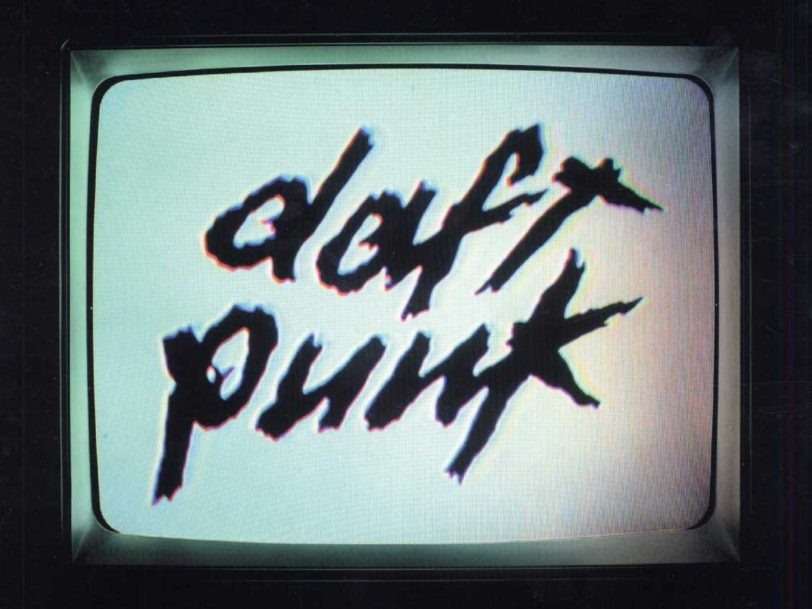French electronica legends Daft Punk’s third studio album was the chart-topping, award-nominated Human After All. Released by Virgin on 14 March 2005, it has a mid-2000s electro-house sound which is a raw synthesis of Thomas Bangalter and Guy-Manuel De Homem-Christo’s first album, Homework, and the lauded melodies and colour of its follow-up, Discovery. Crucially, it was smashed together in a remarkably speedy recording process (for maximum immediacy) and with deliberately punchy editing and brutal harmonics which perfectly illustrated the duo’s examination of our love/hate relationship with technology
Listen to Human After All here.
Almost too effective
Unlike Daft Punk’s previous albums, Human After All was not universally praised at the time, receiving a rough ride from some typically rockist journalists who misunderstood electronica as the musical equivalent of a performing monkey with a rictus grin. Indeed, The Village Voice went so far as to incomprehensibly call the album “flat”. Clearly, a record that would have been considered a career peak for many acts, and which more closely reflected the hypnotic work often curated by Bangalter outside the group, Human After All’s concept almost proved too effective in bleaching out Discovery’s most lush features. However, the duo’s vision became clearer when they began to filter the tracks into their Alive tour, with the material then earning its rightful place among the best Daft Punk songs.
Opening the album, the catchy, funkily hiccupping and constantly climbing title track was also a single, with remixes from fellow French act Justice, German duo Alter Ego and DFA dance-rock act The Juan MacLean (some of these went on to join other single remixes on 2006’s companion release, Human After All: Remixes). But even this cut’s in-the-red vocoders are a light introduction to what follows.




